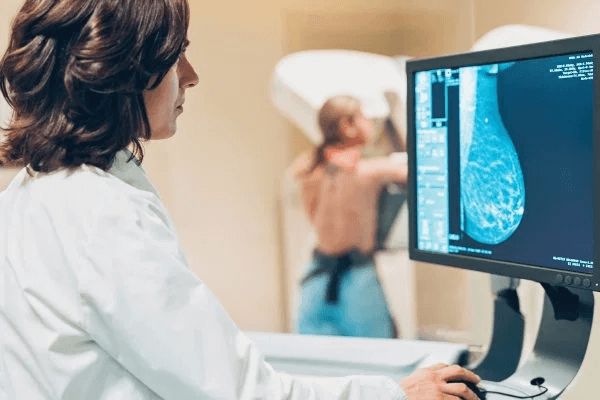
In a study published Jan. 1,2020 in Nature, researchers from Google Health, and from universities in the U.S. and U.K., report on an AI model that reads mammograms with fewer false positives and false negatives than human experts.
The algorithm, based on mammograms taken from more than 76,000 women in the U.K. and more than 15,000 in the U.S., reduced false positive rates by nearly 6% in the U.S., where women are screened every one to two years, and by 1.2% in the U.K., where women are screened every three years.
The AI model also lowered false negatives by more than 9% in the U.S. and by nearly 3% in the U.K.In order for an AI algorithm to recognize abnormal lesions in breast tissue, the model needs to be trained with a huge number of mammogram images—the more the better—and those images need to be linked to outcomes such as cancer, or benign lesions. The size of the database in this study provides more confidence that the algorithm could potentially be useful in a medical setting.